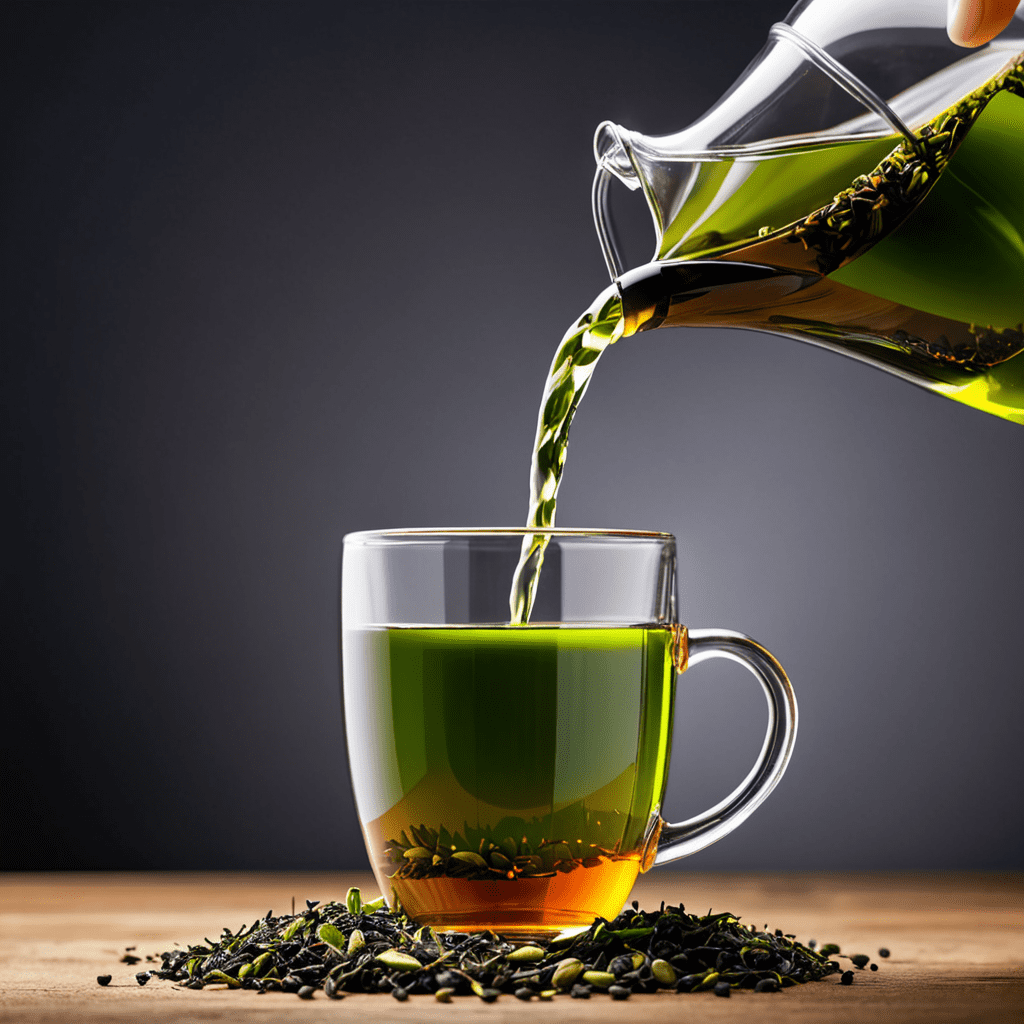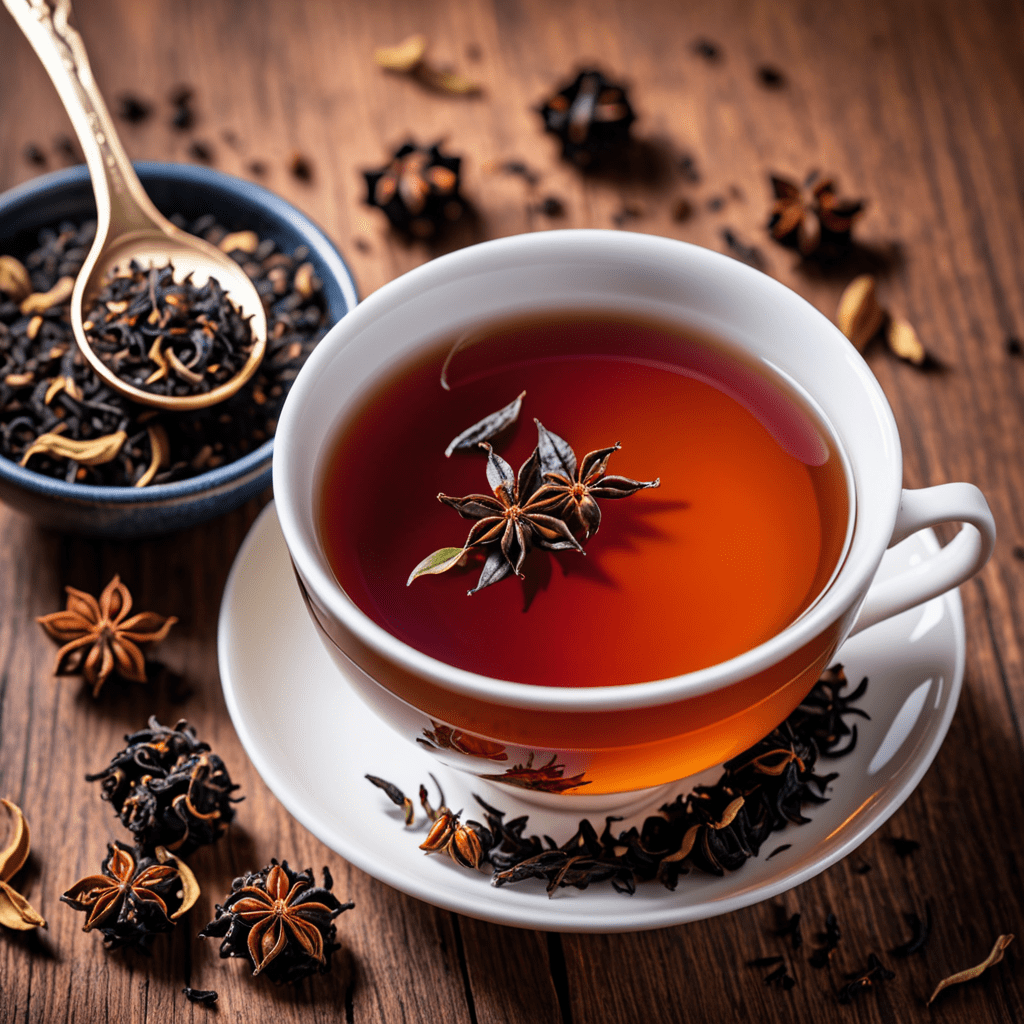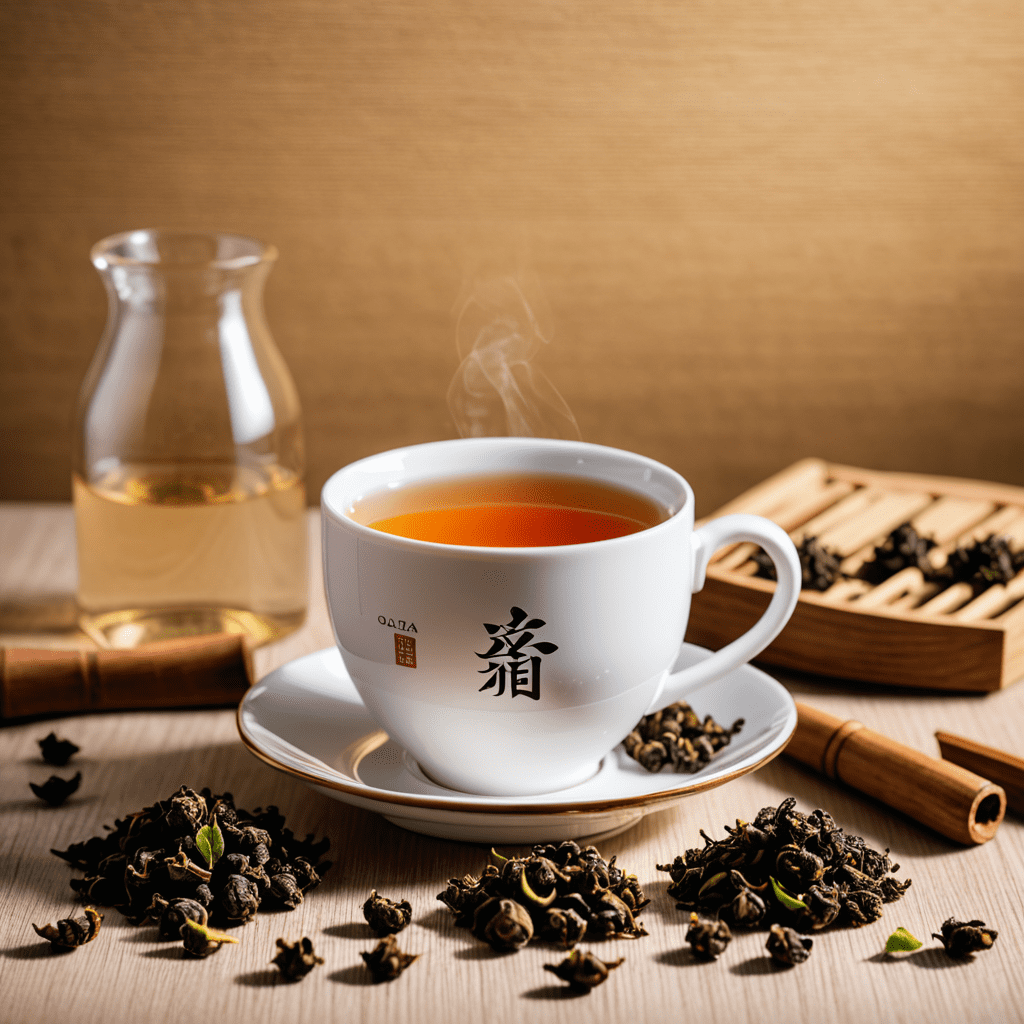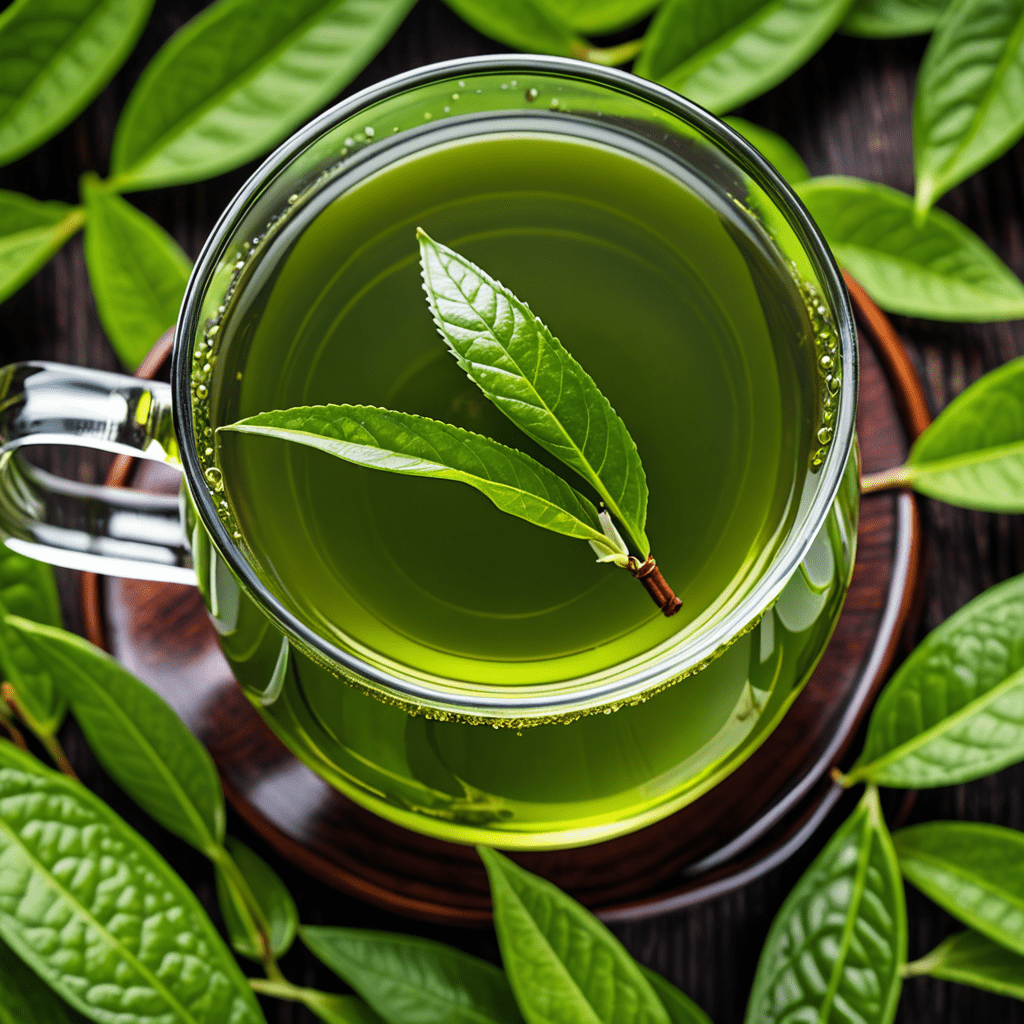
Understanding the Differences: Green Tea vs Black Tea
When it comes to choosing between green tea and black tea, one of the most debated factors is their caffeine content. Both these popular types of tea offer numerous health benefits, and understanding their caffeine content is essential for making an informed choice.
Green Tea: A Closer Look at Caffeine Levels
Green tea is renowned for its lower caffeine content compared to black tea. The average cup of green tea contains approximately 20-45 milligrams of caffeine, making it a suitable choice for those seeking a mild energy boost without the jitters associated with higher caffeine levels. Additionally, green tea is rich in L-theanine, an amino acid that promotes relaxation and focus.
Black Tea: Exploring the Caffeine Composition
In contrast, black tea is known for its relatively higher caffeine levels. A typical cup of black tea contains around 40-70 milligrams of caffeine. This makes black tea a favored choice for those in need of a stronger caffeine kick, which can contribute to increased alertness and mental acuity.
Caffeine Absorption and Effects on the Body
When consumed, caffeine from both green tea and black tea is absorbed into the bloodstream and subsequently distributed to various organs and tissues. Its effects are felt within 15-45 minutes, reaching peak levels in the bloodstream within 30-60 minutes. In general, the impact of caffeine can last for hours, although individual responses may vary.
Health Benefits of Caffeine in Tea
The caffeine present in both green and black teas offers several health benefits. It can enhance cognitive function, improve physical performance, and aid in combating fatigue. Additionally, when consumed in moderation, caffeine in tea has been associated with a reduced risk of certain chronic illnesses, such as cardiovascular diseases and certain types of cancer.
Understanding Caffeine Sensitivity
Individual sensitivity to caffeine can vary widely. Some people may experience side effects such as restlessness, anxiety, or tachycardia even with lower caffeine levels, while others might be able to tolerate higher doses without adverse effects. It’s crucial to know your own caffeine tolerance and adjust your tea consumption accordingly.
Which Tea Should You Choose?
The choice between green tea and black tea ultimately depends on personal preferences and caffeine sensitivity. If you prefer a milder caffeine kick and enjoy a more delicate flavor profile, green tea may be the ideal choice. On the other hand, if you seek a stronger caffeine boost and favor robust, full-bodied flavors, black tea may be more suitable for your taste.
FAQ – Frequently Asked Questions
1.
Are there decaffeinated versions of green and black tea?
Yes, decaffeinated versions of both green and black tea are available, offering a lower caffeine alternative for those seeking to minimize their caffeine intake.
2.
Does caffeine content vary between different brands of green and black tea?
Certainly. The caffeine content in tea can vary depending on factors such as the specific tea plant cultivar, growing conditions, and processing methods employed by different brands.
3.
Can caffeine levels be affected by the steeping time and temperature of tea?
Yes, the length of steeping and water temperature can influence the caffeine content in tea. Steeping tea for a shorter duration and at lower temperatures may result in lower caffeine levels.
4.
Is caffeine the only factor to consider when choosing between green and black tea?
No, apart from caffeine content, factors such as flavor, aroma, and additional health benefits should also be taken into account when choosing between green and black tea.
5.
Can caffeine in tea cause sleep disturbances?
For some individuals, consuming tea with caffeine, especially in the evening or close to bedtime, might disrupt sleep patterns. It’s advisable to limit caffeine intake in the hours leading up to bedtime for those sensitive to its effects.
6.
Is caffeine in tea considered addictive?
Caffeine is a stimulant and can lead to dependence in some individuals. It’s essential to consume caffeine in moderation and be mindful of potential withdrawal symptoms when reducing intake.
In conclusion, understanding the caffeine content in green tea and black tea is crucial for making an informed decision based on personal preferences and health considerations. Whether you opt for the mild nuances of green tea or the robust notes of black tea, both offer an array of health benefits alongside their caffeine content.


